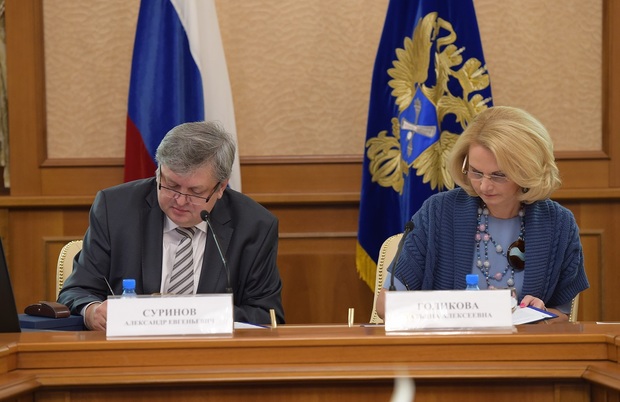Russia's economic recovery broadly on track
Despite a decline in the food segment due to bad weather, the economy keeps getting stronger
According to Russian Federal State Statistics Service (Rosstat), while the country's economy suffered from the cold weather in May, the recovery is still on track. Real disposable incomes and construction, two of the three big drivers of the Russian economy, are both growing after a long decline.
In Russia, ''life is starting to look better for the man in the street after two years of grinding pain'', says bne IntelliNews citing Rosstat's June and revised May data. The most important change compared to the previous months is that real disposable incomes (nominal income minus the cost of food and utilities) finally showed growth. They have been falling heavily even when real income has been growing for over half a year, but the situation changed in May and June. VTB Capital's experts commented that they consider it to be not a one-off event (like in January 2017 when pensioners were granted an additional 5000 ruble payment) but the start of a new trend, supported by the recovery in profits and interest income.
As for nominal and real wages, they added 7,0% and 2,8% respectively in June. The nominal wage growth is running well ahead of inflation of 4,3%, although the inflation has surged in the last two months thanks to rising prices on fruits and vegetables. In May, the wage growth was also robust both in private and public sectors. The latter added 5,1%, which is also ahead of inflation. The only exception in the private sector were financial services: they declined by 3,0% year on year after a 28,3% spike in April.
Retail sales turnover also indicates an uplift in consumer sentiment. The index started to improve in May when it increased by 0,7% (it was the first positive result in several years) and added another 1,2% in June. The numbers were positive even despite a decline in the food segment where the bad weather really hurt fruit and vegetable production and caused an inflation surge in the segment. In June, the price uptick in fruit and vegetables totalled 11,6% year on year (and 8,3% month on month). As a result, food sales in May and June decreased by 0,4% and 0,6% year on year respectively. VTB Capital considers that this trend reflects consumers' intention to cut down on everyday expenses. ''However, based on our estimates, fruit and vegetable prices might start on a path of steady deflation in August (-9,9% month on month) and calm consumers' concerns,'' commented the experts. At the same time, the non-food segment added 2,9% year on year last month, compared with 1,8% growth in May.
The second of the three key drivers of the Russian economy, construction, also showed a robust recovery of 5,3% year on year for the second month after almost 3,5 years of decline.
